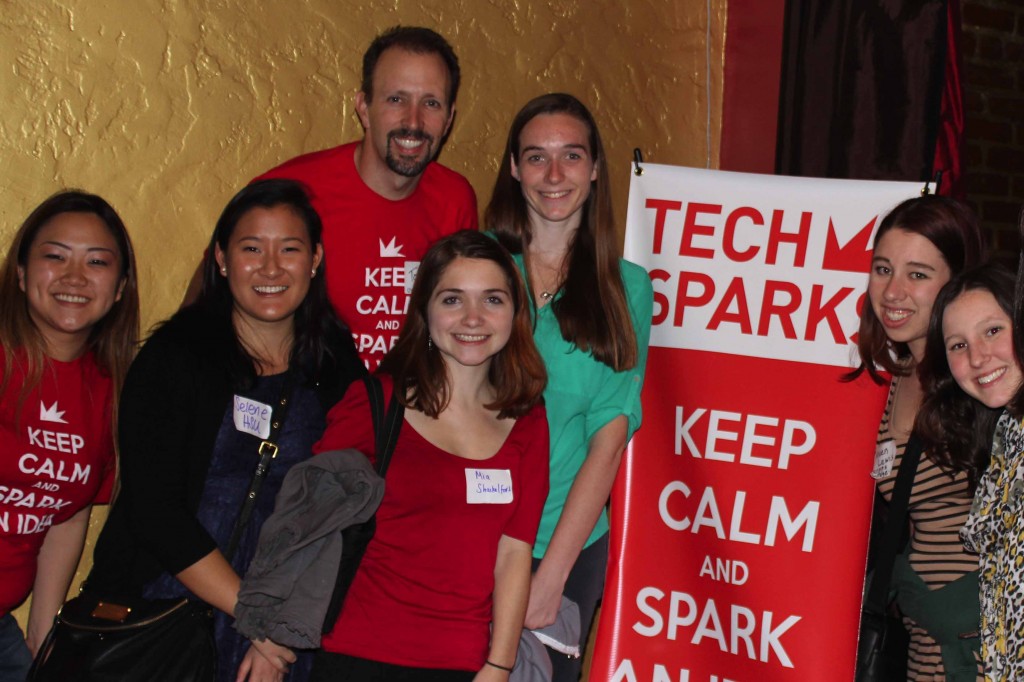This past Thursday, I attended a “Women in Tech” panel at the CMC Athenaeum, featuring three CMC alumnae. I really enjoyed hearing about each of their experiences while at CMC, and working at startups and major corporations, such as Kaiser and General Mills. I learned about the fast-paced and sometimes chaotic startup world and the most valuable college classes they had each taken in college. Each woman was very passionate about her career, and provided candid advice to the audience about regrets, experiences, and achievements. One of the students in the audience asked “What is the best piece of career advice you’ve received?” The women all provided valuable advice, yet one comment really stuck with me. “Your future job may not even exist yet”, one panelist said.
I found this advice to be simultaneously comforting and terrifying. Just as I struggle to determine my major, I am also hesitant to declare one single career path, as I do not have the skills nor information to make either of these major decisions just yet. I have many future internships to complete and many classes to take that will help me make these decisions. So, what’s the rush in being certain of my future now? It is comforting to know that my future career may not even exist, because it relieves me from the pressure of defining it and sharing it with the world right now.
At the same time, the thought that my future career may not even exist yet is more than slightly terrifying. From the day students enter kindergarten, they are asked “What are you going to be when you grow up?” This question programs students from the very beginning to be forward-thinking and certain in their decisions. Most young students will say doctor, baseball player, or actress based on what their parents have told them they should aspire to be or what they have seen on television. I’m pretty sure that in kindergarten, I said that I am going to be a businesswoman because my five-year old self knew that my mom was some sort of businesswoman. Little did I know that there are thousands of careers within the field of business. Because our society seems to expect certainty from us, it is difficult to accept the ambiguity of my future career. Yet even while I create as much structure and certainty as I can in my everyday life through my weekly planner and Google Calendar, I also recognize that it is ok to not have everything planned out.
The worlds of business and technology are constantly changing, and many of these changes, like the advent of artificial intelligence, will not only change how we work but how we live. Who knows, a life-changing piece of technology could come out this week! Like that panelist said, I encourage more students, no matter how young or old, to not feel pressure to define their future career, and instead accept, and maybe even embrace, the uncertainty of the process. The next time someone asks me what I’m going to do with my career, I just might respond with “how could I know? My career doesn’t even exist yet”.

